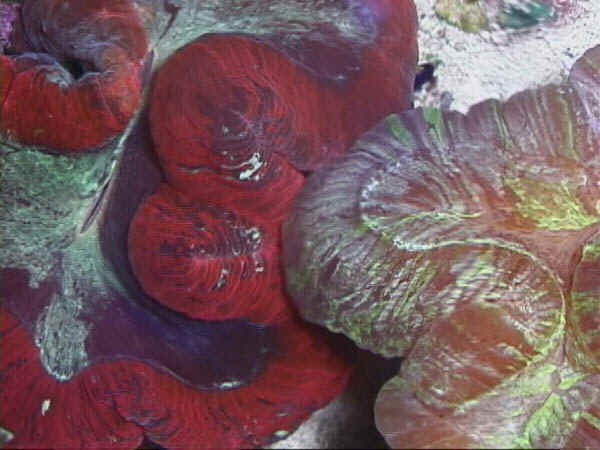Randy Holmes-Farley
Reef Chemist
View Badges
Staff member
Super Moderator
Excellence Award
Expert Contributor
Article Contributor
R2R Research
My Tank Thread
- Joined
- Sep 5, 2014
- Messages
- 67,421
- Reaction score
- 63,783
Reef Chemistry Question of the Day 293
The number of ions in a reef tank is truly mind boggling.
In 100 gallons of seawater, there are about 255,000,000,000,000,000,000,000,000 individual ions.
Let's count them one by one!
Someone had to do it, right? How else would we know?
OK, we'll assign that to a newbie and try a different exercise.
Counting by numbers of ions, not by weight of ions, which are there more of in seawater?
A. Calcium ions
B. Ions that contribute to alkalinity
C. All trace elements added together
D. Potassium Ions
PS, this is an open book test, unless you are truly a chem wizard!
Good luck!
Previous Reef Chemistry Question of the Day:

 www.reef2reef.com
www.reef2reef.com
The number of ions in a reef tank is truly mind boggling.
In 100 gallons of seawater, there are about 255,000,000,000,000,000,000,000,000 individual ions.
Let's count them one by one!
Someone had to do it, right? How else would we know?
OK, we'll assign that to a newbie and try a different exercise.
Counting by numbers of ions, not by weight of ions, which are there more of in seawater?
A. Calcium ions
B. Ions that contribute to alkalinity
C. All trace elements added together
D. Potassium Ions
PS, this is an open book test, unless you are truly a chem wizard!
Good luck!
Previous Reef Chemistry Question of the Day:

Reef Chemistry Question of the Day 292: Fireworks
Reef Chemistry Question of the Day 292 In honor of the Fourth of July (Independence Day, sorry, Great Britain), let's have some fireworks fun. Which of these favorite reefing chemicals provides the orange color in many fireworks? A. Calcium B. Magnesium C. Phosphate D. Nitrate Good luck and...
 www.reef2reef.com
www.reef2reef.com
Last edited:



















